You want a company to accompany you through the day and keep you busy when you come back home. Your house owners strictly forbid dogs and cats, and yet you want a pet to keep you company. You want a pet to make you feel less anxious and always in a more upbeat mood. You have limited space but really could use the watch of gazeful eyes to listen to your day’s version.
You want a tortoise
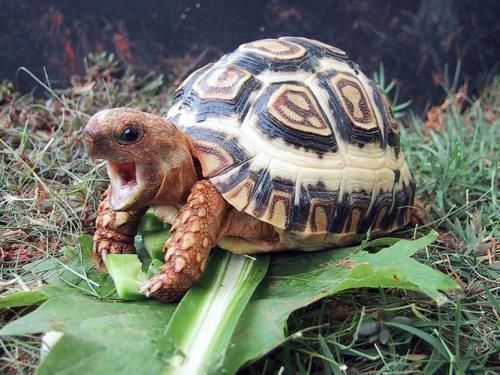
Calm, pacified, cheerful creatures, tortoises, will bring a slow movement in your hectic day. They tend to help you calm down your beating heart and anxious self by allowing you to watch them as they go about their chores in the small territory assigned to them in your house. You will not regret having a tortoise with minimum needs and maximum returns in happiness and wealth (tortoises are the symbol of wealth and happiness, peace, prosperity in many cultures.)
Things to consider before buying a tortoise:
1 Housing and space
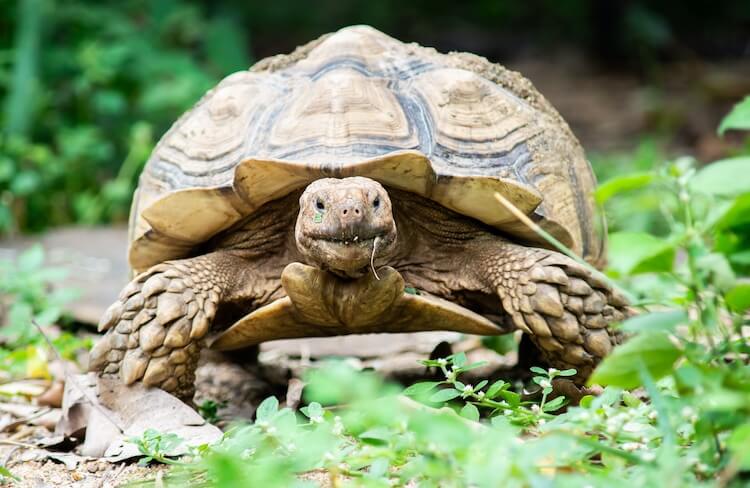
It would be best to approximate the size your tortoise will grow into once matured fully. A small tortoise that grows into an adult that occupies no space is perfect for your apartment or restricted household. However, if your tortoise breed has a history of growing into a veritable giant, you must make arrangements accordingly.
Figuring out the type of space your tortoise needs very much depends on the species and their natural habitat. You want to design an environment in close resemblance to their wild nature.
-
- Do they hibernate? While many tortoise species skip hibernation altogether, some species prefer to rest and sleep throughout the particular season. You want to create an atmosphere to regulate their sleep and not disturb the tortoises during this period. Food, water, and playing are out of the question during this time.
- What are the natural habits of your tortoise? Burrowing and swimming are some natural habits that accompany some species. You want to conduct in-depth research and take care of these little habits of your tortoise for an all-around and natural growth of your pet.
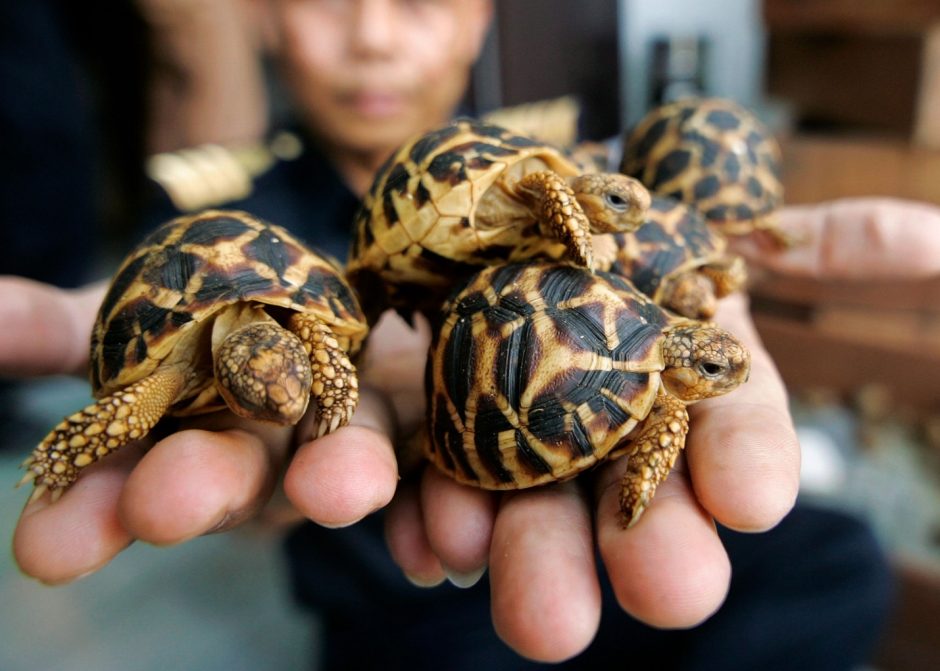
Keeping in mind the space requirements, now you can choose the enclosure accordingly. But make sure the space edges are 12 inches higher than the tortoise standing on its hind legs to prevent it from climbing out and getting hurt in the process. Also, avoid dark, unlit, poorly ventilated spaces; instead, choose one prominent environmental factor.
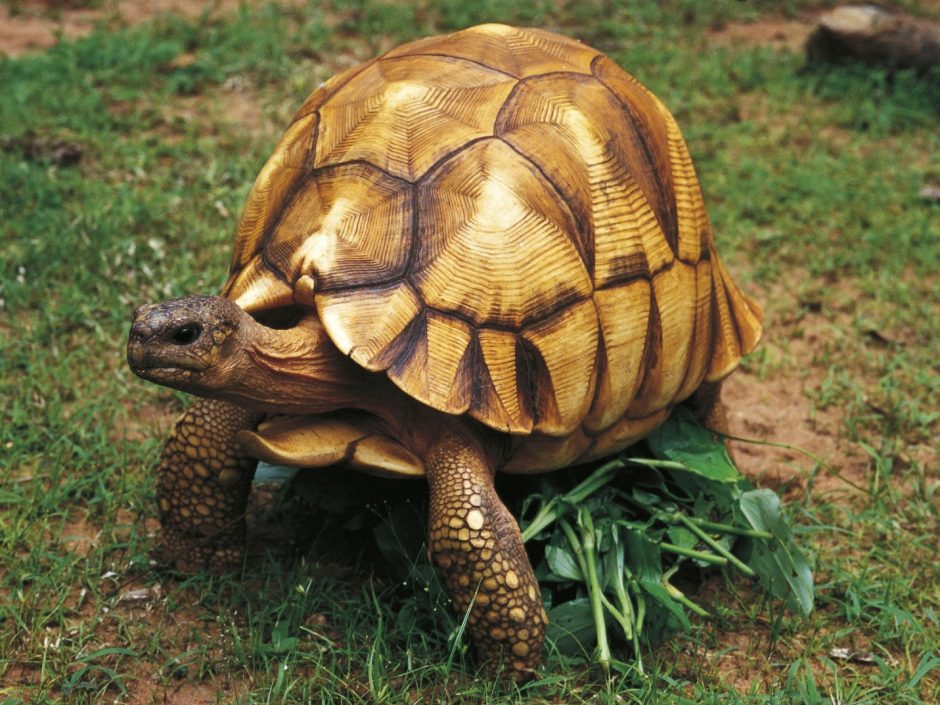
-
- Plastic tub: you may use a tub while finding a more permanent space for your baby tortoise.
- Aquarium with an island: tortoises like to swim, but they are not sea animals. You have to enable them to rest in a dry area or swim as they please; they should not be submerged in water for long periods.
- Wood enclosure: they are incredibly sturdy and easy to set up. You can build one in your garage, and it will be just as effective. You can add props like a lake to swim in, a sandbox to walk in, and a food corner.
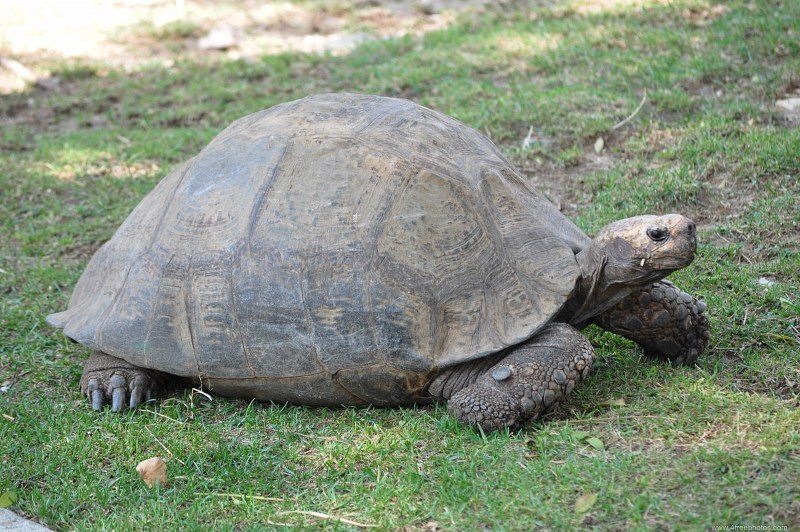
2 Diseases/Health problems
Tortoises are sensitive creatures, susceptible to environmental changes. You have to be on the lookout for any behavior out of the ordinary and mark it down accompanying other symptoms to notify the vet. Runny nose labored breathing, sunken eyes or swollen eyelids, loose stools, loss of appetite, listlessness, swollen body tissues, prominent bones (in head or limbs), softshell, noticeable weight loss or gain are some of the symptoms to notice.
-
- Respiratory infection: respiratory infections are prevalent in tortoises owing to the polluted environment and unsanitary conditions. They might contract pneumonia, respiratory tract infections, and internal injuries. White scar tissue may be observed near the nose due to nasal discharge. A simple dose of antibiotics and good care will help the tortoise recover and stay happy.
- MBD: metabolic bone disease occurs when the tortoise has a calcium deficiency. Your pet tortoise needs a calcium-rich diet as well as a lot of Ultraviolet rays to help break down and implement the calcium. Let the tortoise out in the sun to absorb the UVB and UVA, readily available through sunlight. The rays regulate the body temperature and provide vitamin D to help synthesize calcium for absorption through the gastrointestinal tract. It facilitates shell growth and strong cover.
3 Diet restrictions
A calcium-rich diet with plant-based nutrition completes the tortoise diet. Stay clear of the meat unless the vet doc recognizes the tortoise species as a nonvegetarian. Stick to the fruits at a seedless minimum to not cause choking, including amounts of dark leafy greens to supply calcium. You may also resort to supplements (under doctor’s supervision) to fill up calcium requirements for healthy skeleton and shell growth.
4 Other pets/animals
Tortoises have a strong instinct and protect themselves against predators and harm by retracting back into their shells. If you have a pet dog or a cat unfamiliar with the wild or other small creatures, you must take special care that the baby tortoise doesn’t feel threatened. You might have to spend time with the two to allow them to set limits and boundaries with the tortoise. Until then, keep your tortoise safe and sound away from the pets.
-
- Babies tend to manhandle or play wrongfully if not taught the limits and educate about the new little friend tortoise. Also, the tortoise will not cope with the constant play as these are peaceful creatures with delicate moves and activities. Keep babies and kids away from the tortoise until they develop a sense of understanding of the pets.
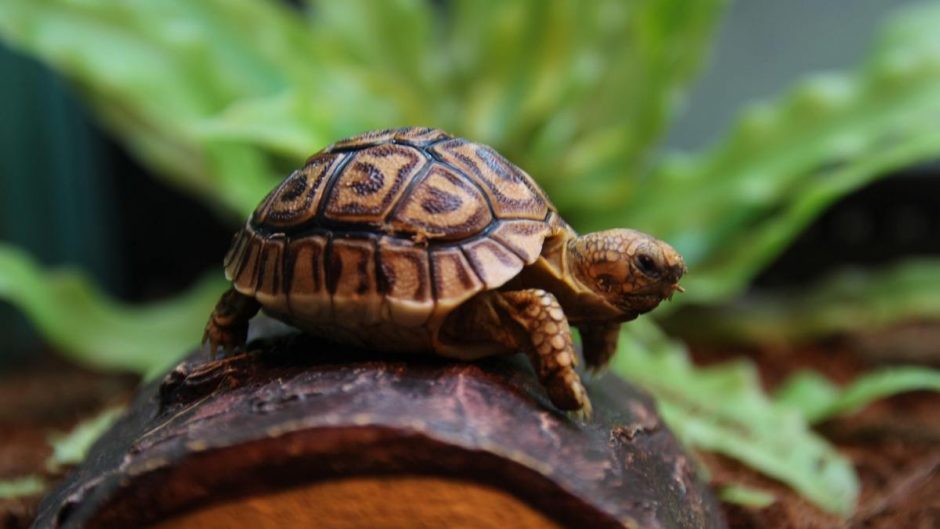
5 Which one to buy
Research the tortoise breed that you want as a pet. Find out the diet restrictions, ideal temperature, hibernation period, and adult size. You must study the tortoise details you wish to adopt and see if it is compatible with your space and environment.
Conclusion
These tiny shells of happiness will add tremendously to your mind-peace. They are the perfect low-maintenance pet with an enriching experience of a companion. Spend your time researching the little friend you want, get familiar with their needs, wants, food, and choose the one that sits in perfect balance with your lifestyle. With any breed of tortoise, You will not regret your decision.
Read More:
How to care for Gouldian birds, personality and food care
Moving with pets: tips for finding a pet-friendly apartment
How to manage your pet’s stress

